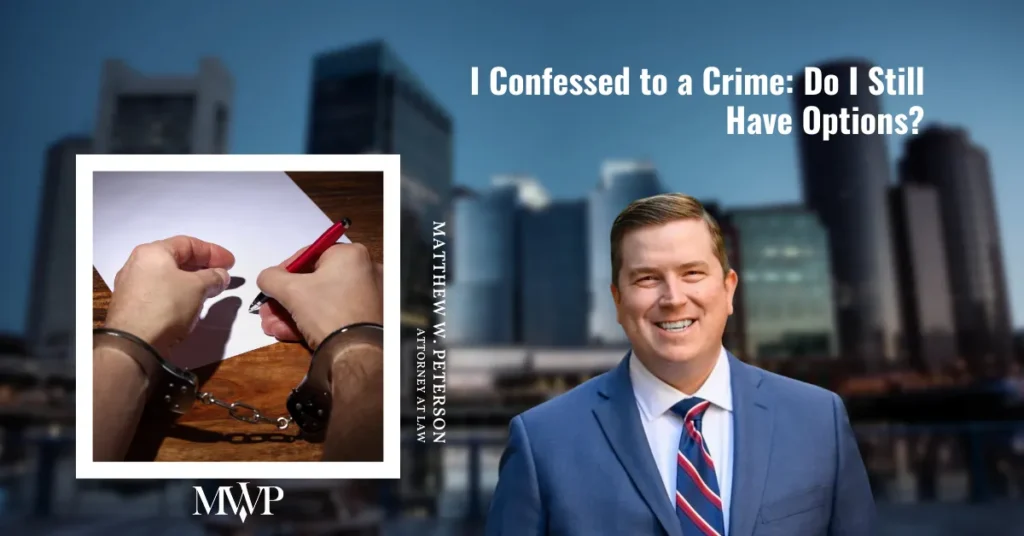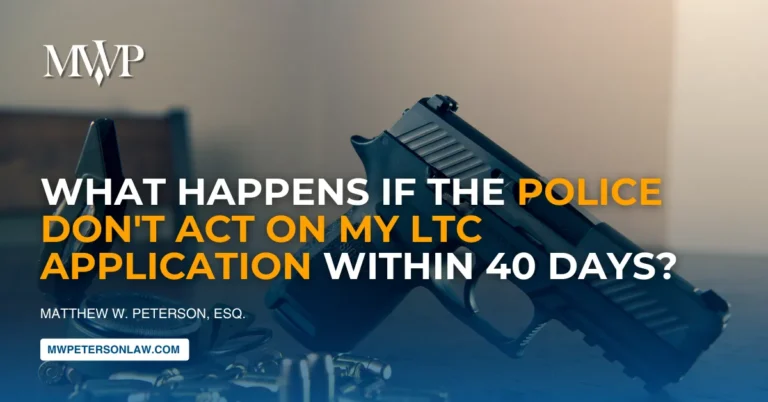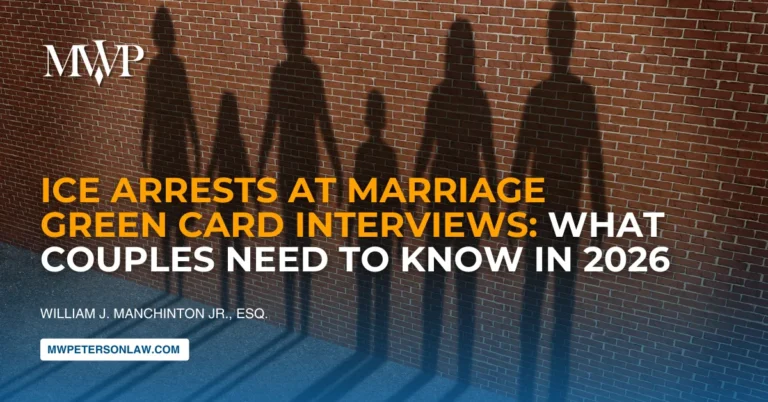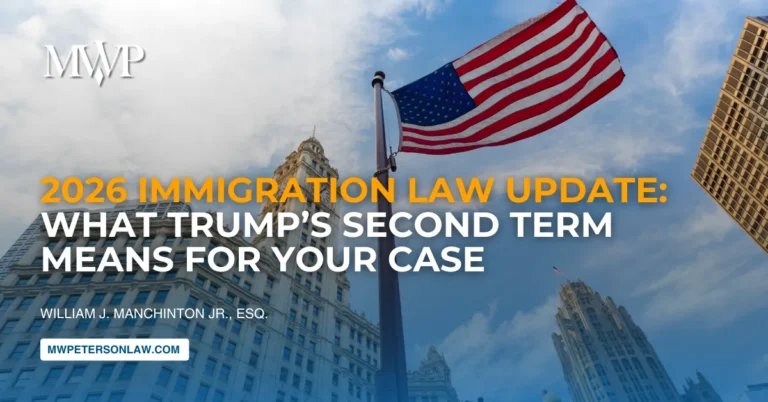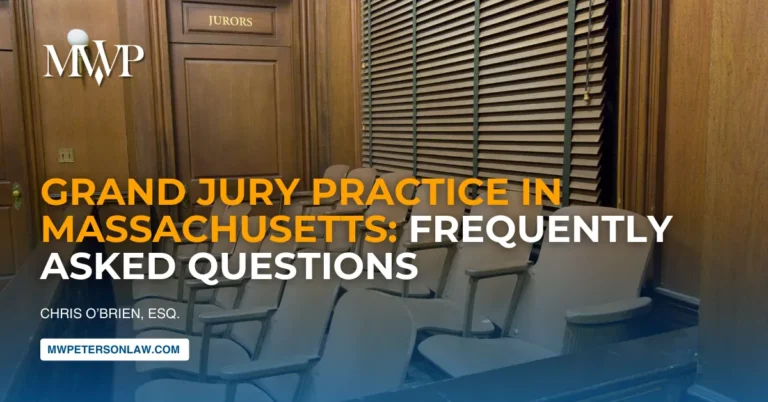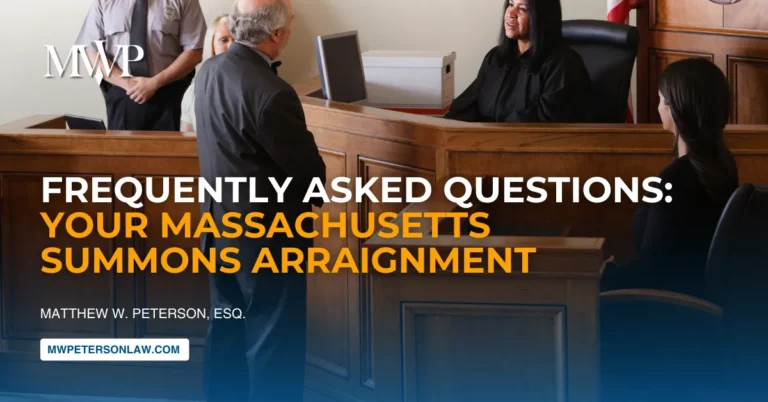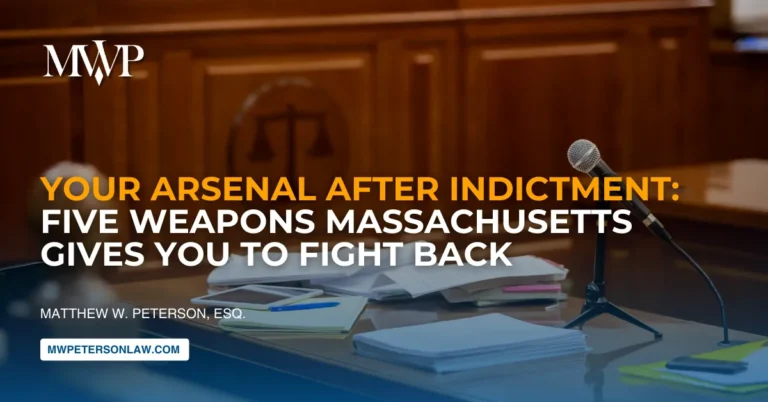Confessed To A Crime In Massachusetts?
If you’ve confessed to a crime, you’re probably feeling overwhelmed and wondering if your case is hopeless. The short answer is: your case is not over. While a confession certainly makes things more challenging, it doesn’t automatically mean you’ll be convicted. There are still several legal avenues that might help your situation.
Let’s be clear from the start: if police ever question you about a crime, the best choice is always to remain silent and ask for a lawyer. But if you’ve already spoken to police, don’t lose hope. Here are the options that may still be available to you.
Challenging Your Confession: Miranda Rights
One of the most common ways to fight a confession is by challenging whether police properly gave you your Miranda rights. You know these warnings: “You have the right to remain silent. Anything you say can and will be used against you…“
For your confession to be used in court, the prosecution must prove three things:
- You were given proper Miranda warnings
- You understood these warnings
- You voluntarily chose to give up these rights
But here’s an important point: Miranda warnings aren’t required in every situation. They only apply during “custodial interrogation,” which means two things must happen:
You must be in custody: This usually means you’re under arrest, in handcuffs, or in a situation where a reasonable person would feel they couldn’t leave.
There must be interrogation: Police must be asking you questions. If you just started talking without them asking anything, Miranda may not apply.
Your lawyer can file a motion asking a judge to throw out your confession if these requirements weren’t met.
Was Your Confession Really Voluntary?
According to Massachusetts law, it provides strong protection against involuntary confessions. Your statement might be suppressed if:
Your mind wasn’t clear: If you were under the influence of alcohol, drugs, or struggling with mental illness when you confessed, this could make your statement involuntary.
Police used unfair tactics: If officers lied to you, used deception, or pressured you into confessing, your statement might not be considered voluntary.
What makes Massachusetts unique is that even if a judge allows your confession to be used, you get another chance. The jury must also decide if your confession was voluntary before they can consider it as evidence. Each juror makes this decision independently.
Recording Requirements
Massachusetts strongly encourages police to video and audio record confessions. If your confession wasn’t recorded, it doesn’t automatically get thrown out, but it does raise questions about reliability. The jury will be told that unrecorded confessions may be less trustworthy, which could work in your favor.
Corroboration: A Confession Alone Isn't Enough
Here’s something many people don’t know: in Massachusetts, a confession by itself usually isn’t enough to convict you. The prosecution typically needs some other evidence to support your confession. This is called “corroboration.”
If the only evidence against you is your confession, this could be a significant weakness in the prosecution’s case.
Legal Defenses May Still Apply
Even if you confessed, you might still have valid legal defenses. These are called “affirmative defenses” and can include:
- Self-defense
- Defense of others
- Duress (being forced to act under threat)
- Mental health defenses
The exact wording of your confession matters too. What you said might not actually constitute a confession to the specific crime you’re charged with, depending on how the law defines that crime.
Why This Matters for You
Feeling like you’ve ruined your chances by speaking to police is natural, but it’s important to understand that the legal system has protections in place for situations exactly like yours. Police questioning can be intimidating and confusing, and the law recognizes that people sometimes make statements they wouldn’t otherwise make.
Moving Forward
If you’ve confessed to a crime, the most important step you can take right now is to contact an experienced Boston criminal defense attorney. They can review the specific circumstances of your case and identify which of these defenses might apply to your situation.
Remember, every case is different. The timing of your confession, the circumstances surrounding it, what exactly you said, and how police conducted the questioning all matter. A skilled Boston attorney can spot issues you might not even realize exist.
Your confession doesn’t seal your fate. While it certainly complicates your defense, experienced criminal defense lawyers handle these situations regularly and know how to protect your rights even after you’ve spoken to police.
The legal system isn’t designed to give up on you just because you made a statement under pressure. Take advantage of the protections Massachusetts law provides, and don’t face this alone. Contact us today to set up a strategy session and start building your defense with a lawyer who knows how to fight for you.

